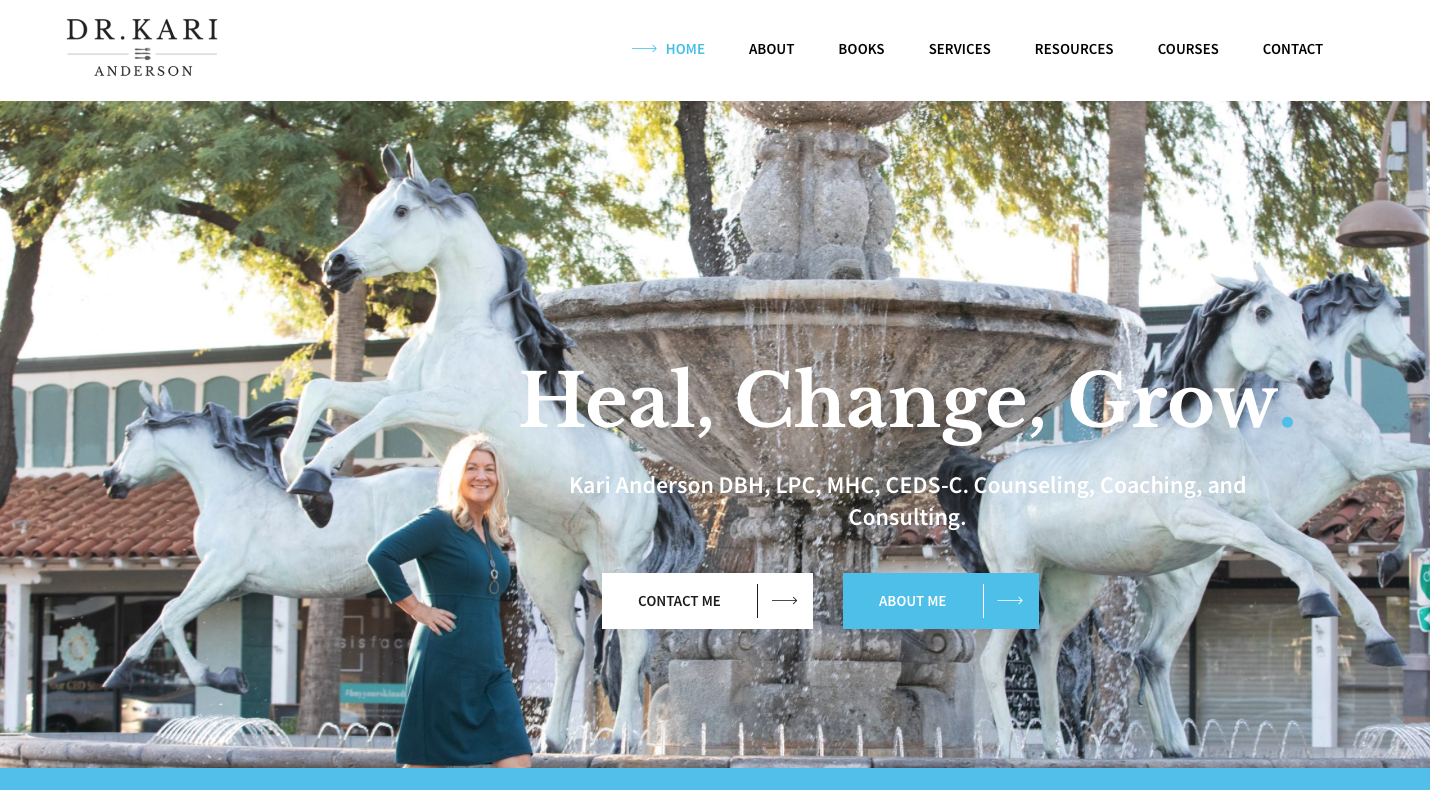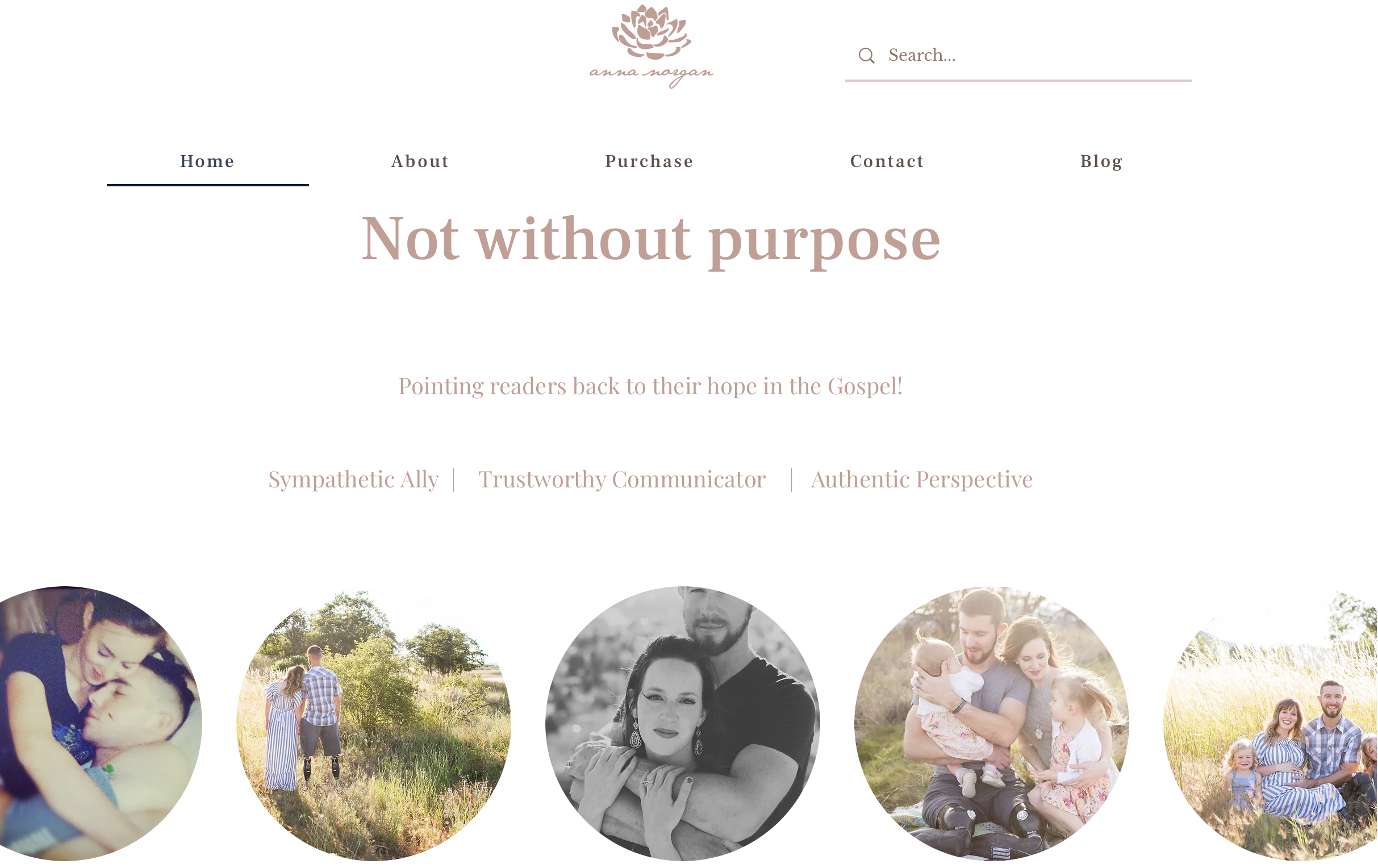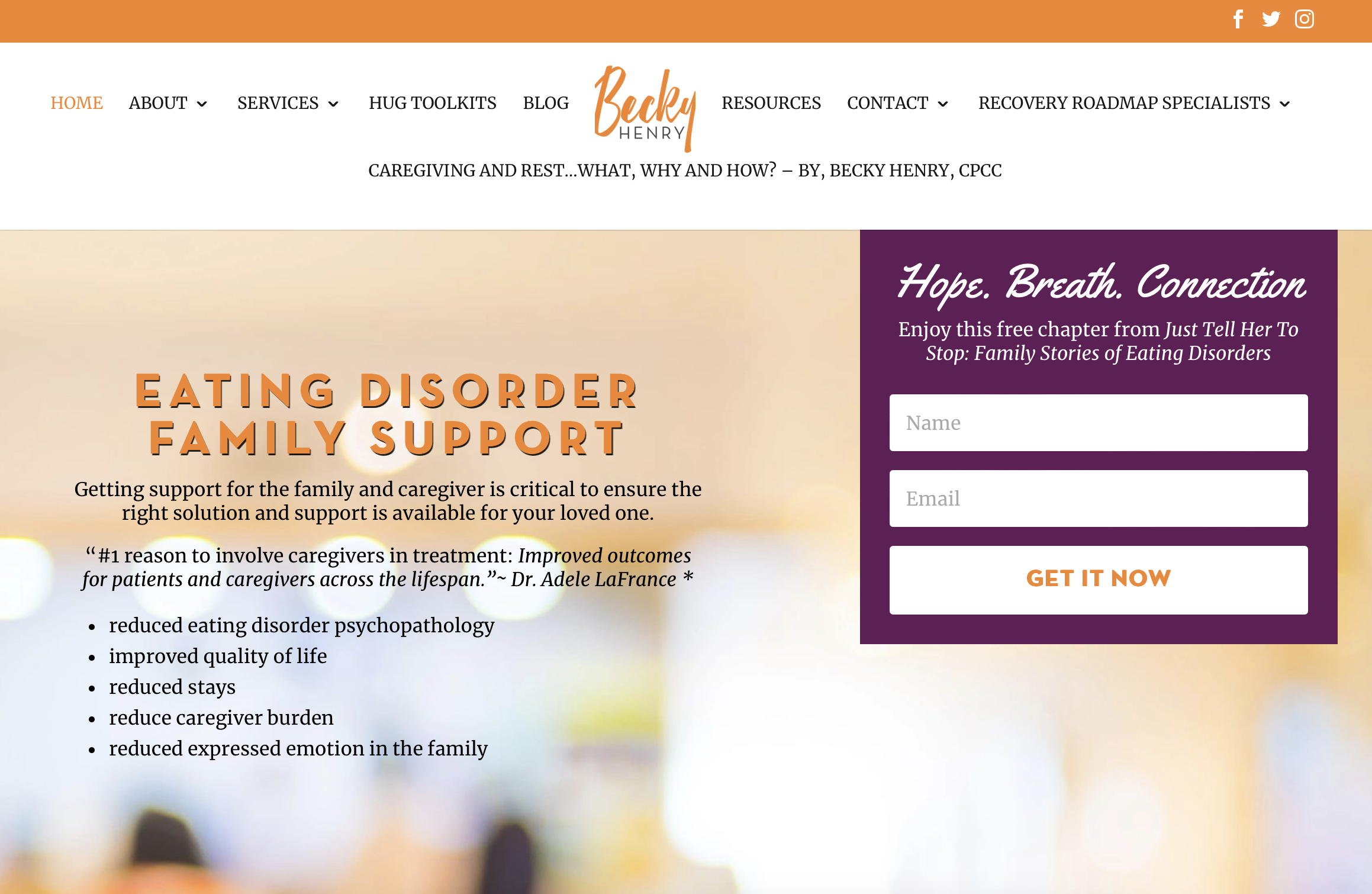Whether you opt to put your advertising dollars behind social media boosts or search engine results, online advertising is a helpful part of your digital marketing toolkit. In today’s blog post, we want to take a closer look at pay-per-click advertising and what it means for your business.
So what is pay-per-click advertising?
Pay-per-click (PPC) bidding, also known as cost-per-click (CPC), means that you pay for each click your ad receives. For each campaign, you set a maximum CPC, the highest amount you’re willing to pay per click. The final amount you pay per click is called the actual CPC, which is often less than the max CPC. You can choose between manual bidding, which allows you to choose your bid amounts, or automatic bidding, which sets bids to get the most clicks within your budget.
These ads can appear in a variety of places online, including search engines, display ads, and social media ads. The ultimate goal is to reduce the price per click while still reaching high-quality users that eventually become satisfied customers or clients.
Before we continue, let’s talk about two more digital marketing metrics.
The click-through rate (CTR) of an ad, landing page, or blog post tells us the number of clicks to another page that it receives. PPC advertising, then, is based on the number of clicks an ad or page receives. Another common advertising metric is cost-per-mille (CPM), which refers to the cost per 1,000 impressions. So what’s the difference between CTR and CPM? The CPM focuses solely on the number of times an ad is viewed; here, clicks don’t matter.
Both of these metrics are used to measure the success of PPC advertising. CPC correlates to the clicks (leads or purchases) made by visitors, while CPM helps to increase brand awareness. Because of these notable results, PPC is often higher priced than other advertising options. But again, users tend to get better results, so it’s often worth the cost.
Still, the goal should always be to have a low CPC. Ads should be optimized to have a high value at a low cost. As with any digital marketing effort, it’s important to budget and ensure that your cost is worthwhile to your overall profit.
All of these metrics are important to understanding the performance and success of digital ad campaigns.
At Carlisle & Co., we use PPC advertising to improve brand awareness and gain leads for our clients. For instance, a current client who uses Google Ads received over 1,500 impressions and 20.51 percent conversion rate in a single month! PPC advertising continues to bring the second-highest source of traffic to their website.
When it comes to digital marketing, we believe in a 360-degree approach with a focus on each client’s specific goals. We create cohesive messaging that can be used across branding, website design and development, search engine optimization (SEO) and content, and social media as well as email marketing, print materials, and of course, advertising.
If you’re looking to develop a digital marketing strategy and expand your online reach, please reach out to our team today.






Comments +